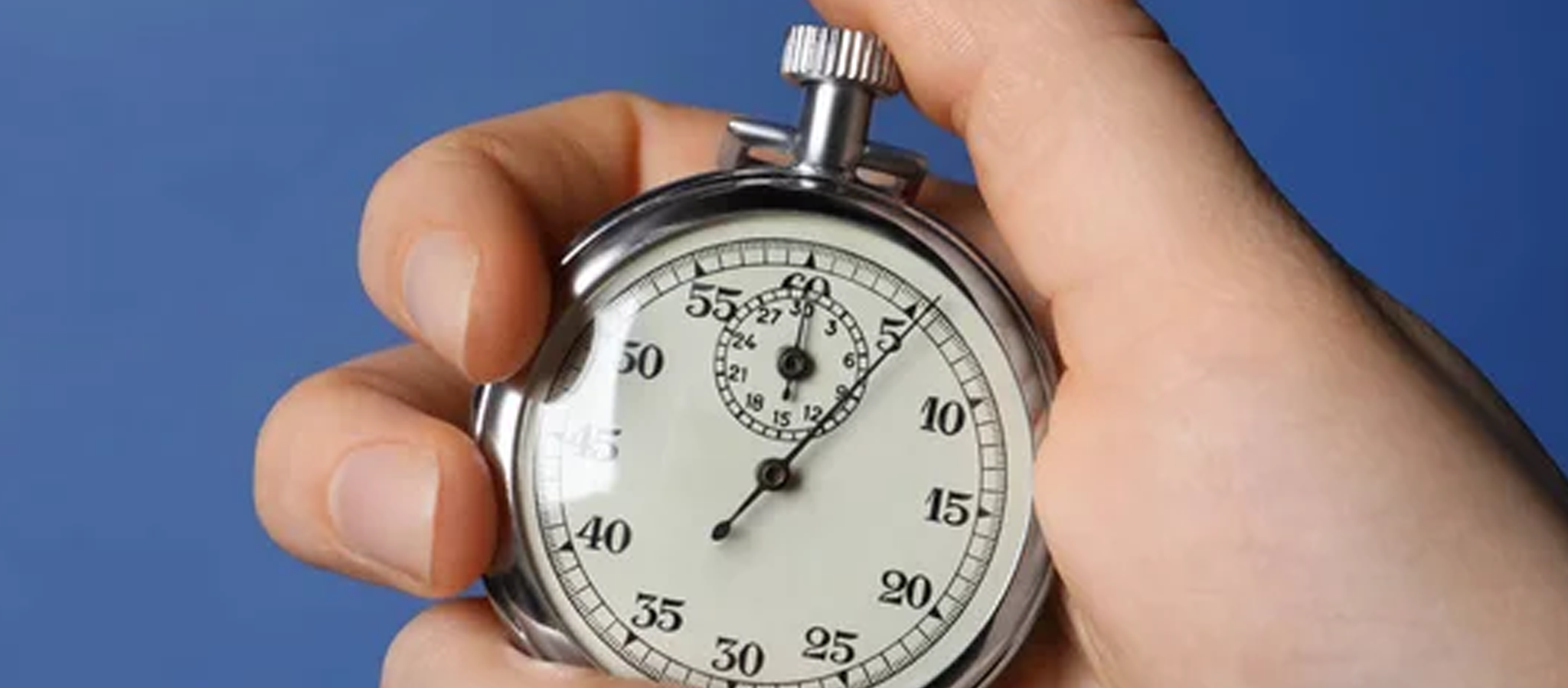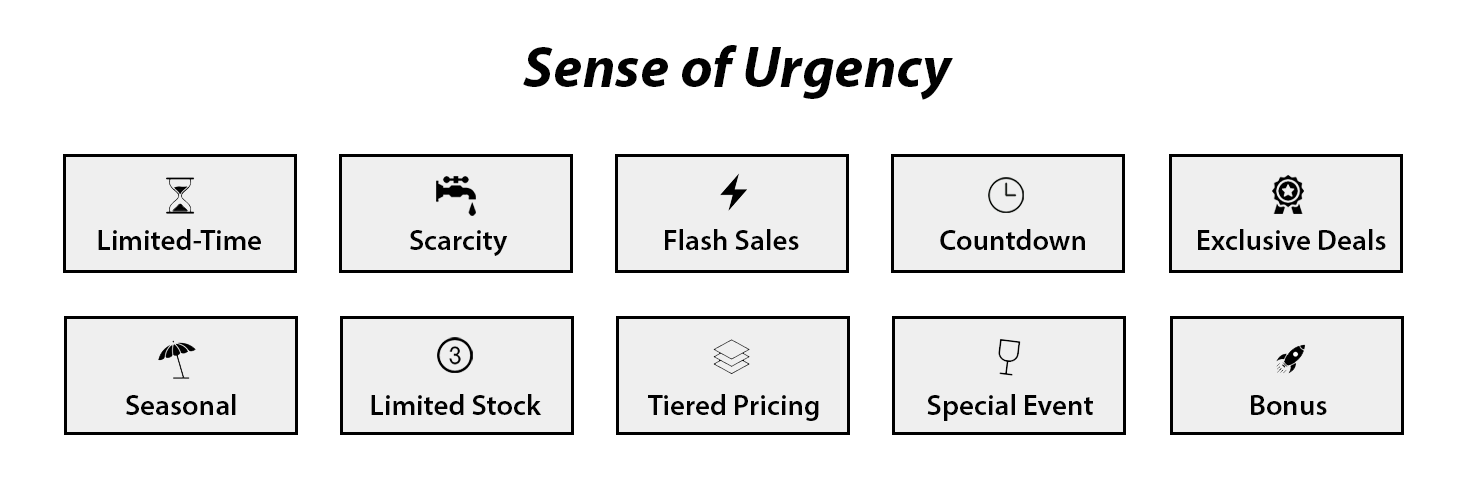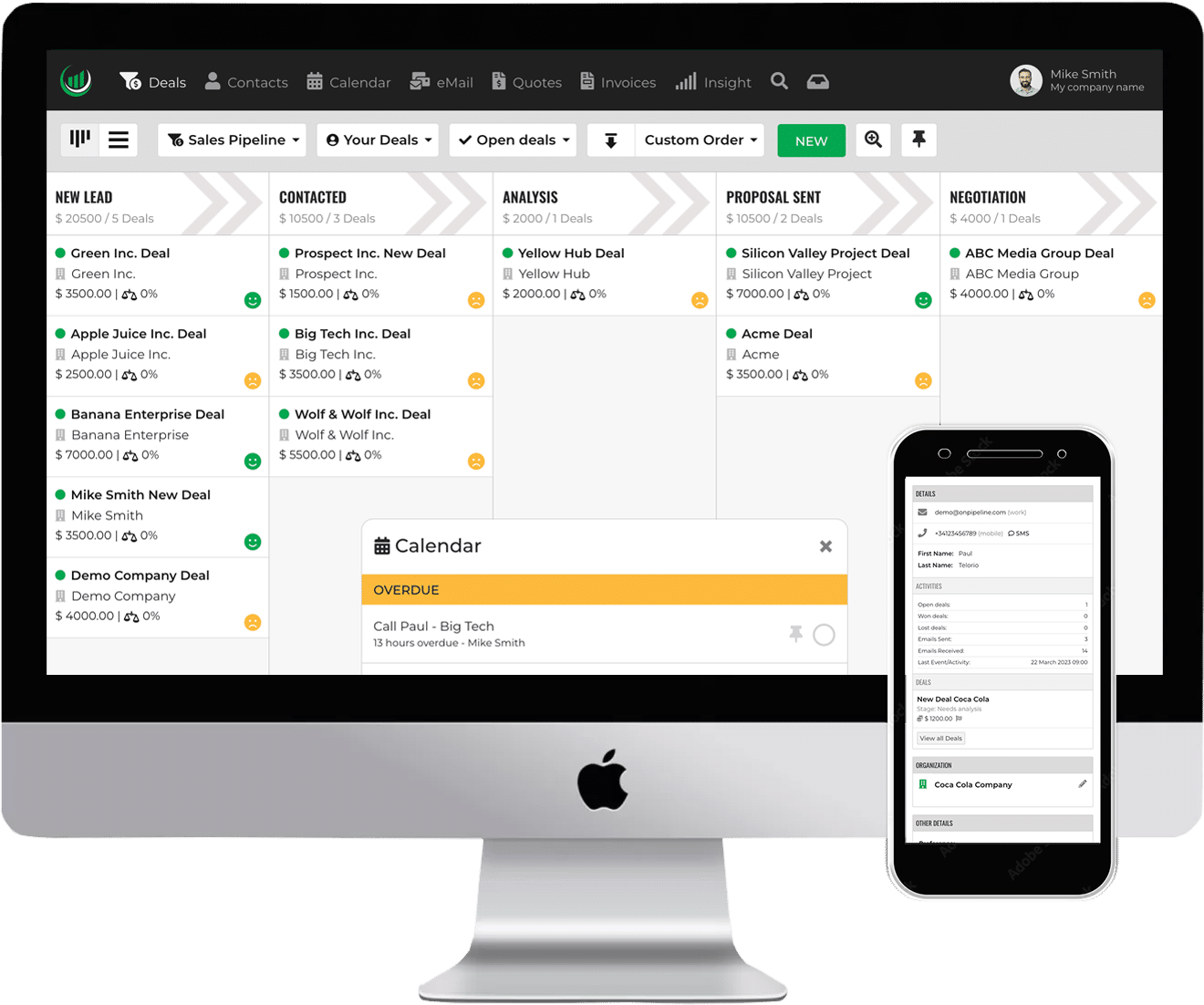Urgency is a cornerstone of sales psychology and salespeople consistently use it in their selling techniques.
The sense of urgency can be created with sales promotions, but a sales rep can also use these techniques without specific promotions. Let’s explore 10 effective strategies for adding urgency and close more deals.
Limited-Time Offers
Encourage swift decision-making by presenting time-sensitive discounts.
For instance, a software company might offer a 30% discount on its premium plan, valid for the next 72 hours. Setting a deadline on an offer activates urgency. It compels customers to move from thought to action.
Why Limited-Time Offers Work:
The restricted timeframe creates a perception of exclusivity and heightened value. Customers feel they are gaining a special advantage by availing the offer within the stipulated time.
Scarcity
Highlighting limited stock or availability can boost demand. For example, an e-commerce store might say that only a few popular items are left. This prompts customers to buy quickly.
Example: An online retailer displays notifications such as “Only 5 items left in stock” – These create urgency and push customers to buy before the product runs out.
The psychology of scarcity taps into the basic human instinct to value things more when they are perceived as rare or in short supply.
Why Scarcity Works:
Limited availability suggests exclusivity. It makes customers feel they are gaining access to something special and unique.
Flash Sales
Create excitement and urgency with flash sales. Consumers are driven to act fast to get the special offer before it disappears. This creates excitement and anticipation.
Example: An online fashion retailer launches a 24-hour flash sale, offering a 50% discount on select items. The urgency prompts customers to shop quickly and capitalize on the significant savings.
Why Flash Sales Work:
Flash sales leverage the psychology of impulse buying. The time-sensitive nature of the promotion prompts customers to make spontaneous decisions, often driven by the excitement of the offer.
Countdown Timers
Like Flash Sales, Countdown Timers trigger the Fear of Missing Out (FOMO). The diminishing time heightens the perceived value of the offer, motivating customers to act.
They show the shrinking time for a special offer. The ticking clock creates a sense of anticipation and compels customers to make decisions to avoid missing out.
Example: A retailer places a Countdown Timer banner on the homepage of its website, announcing the start and end time of the limited-time discount event. The banner reads: “Flash Sale – Ends in X Hours!”
Why Countdown Timers Work:
Countdown Timers provide a clear and visual representation of the limited time available. Customers can grasp the urgency and react.
Exclusive Deals
Exclusive deals refer to special offers, discounts, or promotions that are available to a specific group of customers, providing them with unique advantages not accessible to the general public.
Example: An store offers an exclusive 20% discount for members of its loyalty program, accessible only to those who have signed up for the program.
Why Exclusive Deals Work:
Exclusive deals make customers feel special and valued. Knowing that they have access to offers that not everyone can enjoy creates a sense of exclusivity and fosters a stronger connection with the brand. The exclusivity and limited availability of these deals trigger the fear of missing out (FOMO).
Seasonal Promotions
Seasonal promotions are marketing campaigns and sales strategies designed to align with specific seasons, holidays, or events throughout the year.
These promotions capitalize on the unique characteristics and consumer behaviors associated with different seasons.
Example: A retailer hosts a summer clearance sale, offering significant discounts on swimwear, shorts, and summer accessories to clear out seasonal inventory.
Why Seasonal Promotions Work:
Seasonal promotions align with the changing needs and interests of consumers during specific times of the year. By offering relevant products and discounts, businesses can tap into the natural demand associated with each season.
Limited Inventory Alerts
Limited Inventory Alerts inform customers about dwindling stock levels of a particular product. This strategy leverages the principle of scarcity, emphasizing that the item in question is in high demand and may soon be unavailable.
Example: A tech store introduces a flash sale on a specific laptop model with the caveat that the discounted price is valid only for the first 50 units sold, creating urgency through limited availability.
Why Limited Inventory Alerts Work:
Limited inventory suggests exclusivity and a higher perceived value for the product. Customers feel they are gaining access to something special and unique, driving their desire to purchase.
Tiered Pricing
Tiered pricing is a strategic pricing model. Products or services are offered at different prices, often with different features or service levels for each tier. Tiered pricing aims to maximize revenue. It does this by appealing to a broad range of customers. It also offers extra value at higher tiers.
Example: Airlines often implement tiered pricing for tickets. Economy class provides basic amenities at a lower cost, while business or first-class tickets offer more comfort, amenities, and services at premium prices.
Why Tiered Pricing Works:
Higher-priced tiers often come with extra features, services, or exclusive offerings, enhancing the perceived value for customers. This can justify the higher price and make the premium tiers more appealing.
Special Event or Launch
Businesses use special events and product launches strategically. They do this to create buzz, excitement, and attention for a new product, service, or event.
Example: An online gaming company announces a special launch event for a highly anticipated video game. To build anticipation, they open limited-time pre-orders with exclusive in-game items for those who pre-purchase.
Why Special Event and Launch Strategies Work:
The sense of urgency and exclusivity associated with special events can drive immediate sales. Limited-time promotions, exclusive offers, or early access incentives encourage attendees to make on-the-spot purchases.
Bonus Incentives
By offering timely bonuses, businesses can motivate customers to act fast. This drives immediate actions like making purchases, signing up for services, or joining promotions.
Example: A loyalty program introduces a flash points promotion. Customers earn double or triple loyalty points for all purchases made within a 48-hour window, encouraging rapid engagement.
Why Bonus Incentives Work:
Urgent bonus incentives are effective in stimulating impulse buying behavior. The limited-time nature of the offer encourages customers to make unplanned purchases, especially when they perceive significant added value.
Our Takeaway
Creating urgency in sales is a delicate balance. You must motivate action while maintaining trust.
By using these strategies genuinely, businesses can leverage urgency well. Urgency will boost sales and improve customer engagement!
Experiment with these approaches and tailor them to suit your industry and target audience, ultimately driving a sense of urgency that aligns with your overall sales strategy.



